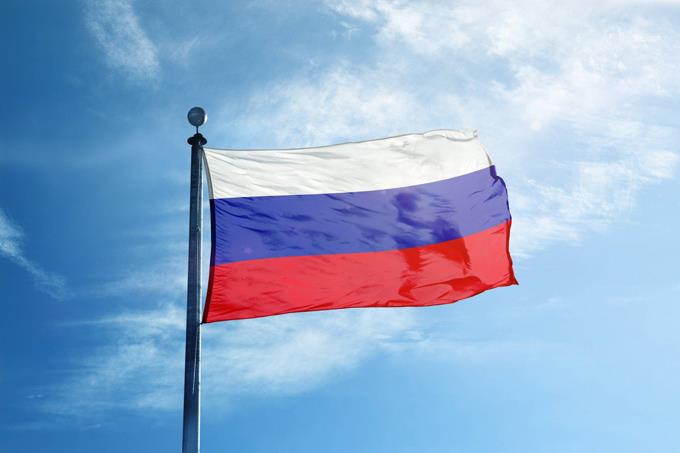"Taking advantage of isolation to reestablish ties with our traditions". Increasingly isolated from the Western world by its offensive in Ukraine, Russia launched a "cultural revolution" conservative with airs of artistic refinement.
Although President Vladimir Putin has for years established himself as the guardian of the "traditional values" faced with a West described as decadent, the crisis with European countries and the United States gives a new echo to that rhetoric.
And in this exacerbated cult of conservative values, whose pillars are the Orthodox faith, patriotism and the defense of "historical truth" As seen from the Kremlin, the cultural world is called upon to play one of the first leading roles.
For film star Sergei Bezrukov, persona non grata in the European Union for his public support for the military intervention in Ukraine, "we must take advantage of isolation to reestablish ties with our traditions".
"For 30 years we lived in the American Marvel universe. It’s time to create our own"considers the 48-year-old actor, who receives AFP at the Moscow Gubernski theater, which he directs.
"Returning to the USSR is impossible, but it is possible to regain faith in Russia (…) and no longer slap our true values"adds the actor. "And the word ‘patriot’ should no longer be an insult"Add.
Like him, many famous Russians hailed the offensive in Ukraine and the conservative turn that goes with it.
"The epic events we are witnessing launch a true conservative revolution"says Eduard Boyakov, creator of the protest theater festival New Drama and today an ardent defender of the military operation.
blacklist and whitelist
On the other side, celebrities who publicly criticize the offensive in Ukraine are now in a "blacklist".
"More than 100 musical activities have been canceled since February"tells AFP Alexei Kozin, director of Navigator Records, the main Russian rock publishing company.
A "blacklist" circulating in these media includes, according to him, about forty musicians, among them the rocker Yuri Shevchuk, who accused the Kremlin of "kill young russians and ukrainians"at a concert in May.
At the end of July, the head of the pro-Kremlin parliamentary group "Fair Russia"Sergei Mironov, asked to draw up a "white list of patriotic artists" to explain to the public "who’s who in russian art today".
Waiting for this, the power began to intervene in the theaters.
At the end of June, the mayor of Moscow did not ratify the contracts with the artistic directors of three New Drama theaters, including the Gogol Center of director Kirill Serebrennikov, opposed to the offensive in Ukraine.
"contracts expired"justified the mayor’s office, which had already announced in March five mergers of theaters to "optimize" the system.
"Power no longer wants provocative art, but calm art, even boring, but that gives security"explained to AFP the playwright of the Gogol Center, Valéri Pecheikin.
"As a result, the theater will return to the great classics, the cinema to quiet comedies, and the museums to balanced exhibitions."said.
"Time of truth"
Added to this are the cancellations of exhibitions, such as that of the Russian-American artist Grisha Bruskin, dedicated to the "ideologies and their myths"closed in April, three months ahead of schedule, "for technical reasons".
"At the height of the war in Ukraine, a cultural revolution takes place in Russia"warns on social networks Marina Davydova, editor-in-chief of the magazine Teatr, now in exile.
"After 30 years of pro-Western liberalism, a conservative revolution takes place in Russia"congratulates Olga Andreeva, of the conservative Russian weekly Expert.
"It is the moment of truth on the road of Russia along the paths of the eternal struggle between Westernists and Slavophiles"which finds its origins in the 19th century, tells AFP.
In March, Putin called on the nation to "purify" of the "traitors" that "they earn their money here, but live there (in the West, NDRL) not even in the geographical sense, but in their thoughts, in their subservient consciousness".
In July, he spearheaded a new youth movement, Bolshaya Peremena, reminiscent of the "pioneers" Soviets.
Symbol of this change is the monument to the unknown soldier that replaced the Greek god of the arts Apollo on the pediment of the entrance to the Bolshoi theater on the new 100-ruble note, in circulation since the end of June.
